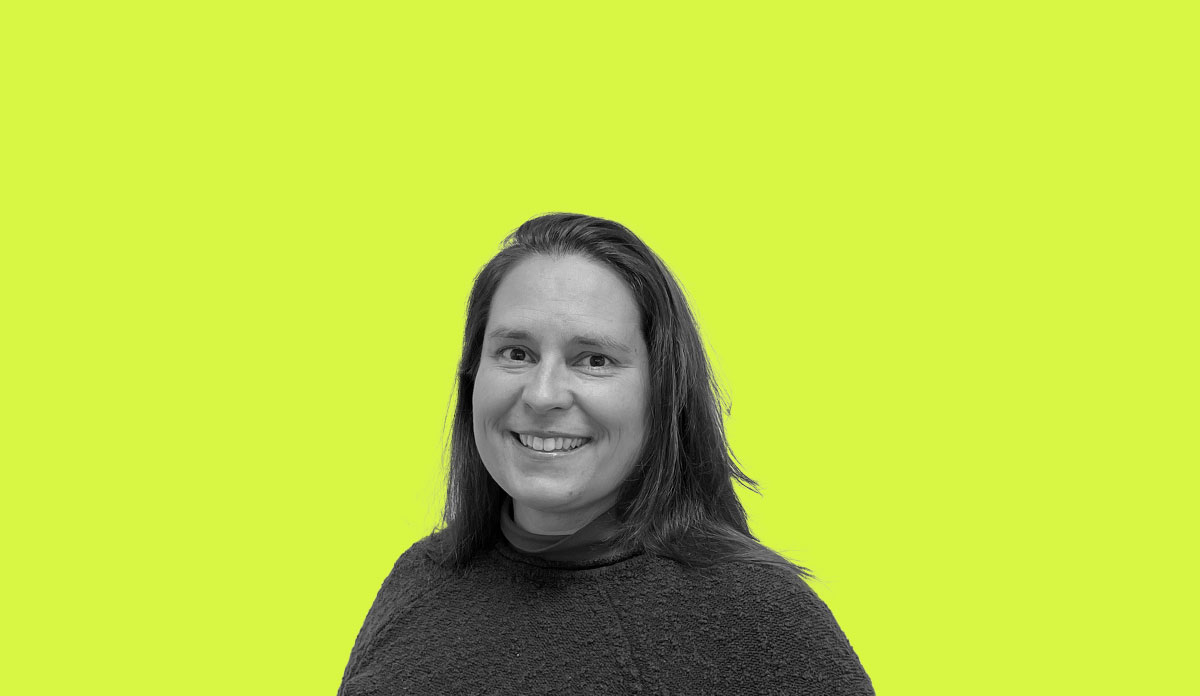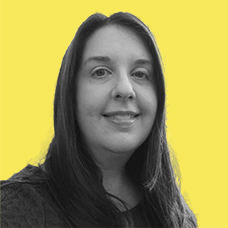Public Health Post continues PHProust, our take on a questionnaire answered by French philosopher Marcel Proust and played as a Victorian-era parlor game. The questions are intended to be answered briefly, and various versions have been used on talk shows and in popular publications. We’ll ask a similar set of public health focused questions to get to know our profile subjects.
What is your idea of perfect health?
My idea of perfect health is having a body that works well, that’s able to be active and have enough space for at least one passion project.
If you could follow only public health leader on Twitter, who would it be?
This is hard because I’m not on Twitter. If I were going to follow someone, it would be Your Local Epidemiologist (@dr_kkjetelina). They really break things down for lay people to understand what’s going on.
What did they never teach you in school that you wish they had?
Just because something hasn’t been done doesn’t mean that it shouldn’t be done.
Who’s your public health hero living or dead?
(Anthony) Fauci. I think he has done a really good job of trying to navigate the pandemic and also the politics which, unfortunately, have crept in. I really feel like he is a pure-hearted person.
What’s your go to source of public health information?
My colleagues
What words or phrases are most overused in public health?
Unprecedented, because things have happened before, we just forgot about it.
What do you consider your greatest professional achievement?
COVID-19 pandemic response
What’s your favorite public health related website?
The Public Health Institute of Western Massachusetts
What’s your most treasured public health tool?
Relationships
What’s the hardest public health message to communicate?
Just that things keep changing, but we really are doing what we believe is best for the community.
What do you most dislike about your job?
The overwhelming responsibility paired with inadequate time and money resources.
What advice would you give to the next person who does your job?
Take the take the time to figure out what work is being done and what the actual needs of the community are.
What’s your motto?
In life, people are only ever as nice as you are, no matter where you go.
What’s your greatest professional pleasure or joy?
Getting something right. Problem-solving and making a situation that makes more sense or is better for somebody.
Profile
Just under 500 people live in Alford, Massachusetts. There’s not enough work to staff a public health department, and Alford isn’t the only Southern Berkshire County town in that predicament.
That’s where Jayne Smith comes in. Her 10-year public health career working in numerous small towns in Berkshire County means she’s an ideal choice as the shared services coordinator for the newly formed Southern Berkshire Public Health Collaborative. It includes 10 towns, all within about 30 minutes of each other in the southwest corner of the state.
Created from the Commonwealth’s Public Health Excellence grant program, the collaborative’s first effort was hiring two shared two public health nurses, drastically increasing nursing capacity among the towns who participate.
Smith’s other hat is as Alford’s health agent. The dual roles mean that she is both the public health point person in Alford when there’s a sewage backup affecting drinking water or helping the town manage a global pandemic, and also available regionally to help towns review the plans for a new restaurant, or give advice for a septic plan or with a complicated housing case.
“You have to prioritize and figure out what the most important thing is at any given moment,” Smith said, indicating on zoom her backlogged desk of public health papers.
She arrives slightly breathless, quickly apologizing for running a few minutes late to chat about her work, and jumps into describing her morning. She had just returned from managing a group of firefighters through a workplace related COVID-19 exposure, which she assisted with just after investigating overflowing sewage at a local mobile home park.
Smith found her way to public health via natural resources: soil and water conservation, which is what she studied at University of Maine, Orono. Her early work involved septic system inspections and other environmental health related needs. She said she’s one of a handful of active registered sanitarians in Berkshire County.
“Sanitarians administer environmental and health programs for both public and private agencies and organizations in food protection and safety, water protection, air quality, noise, industrial and land pollution, sewage disposal, hazardous and toxic substances, solid waste management and institutional health,” according to the Massachusetts Department of Public Health website where the licensure process is described.
What surprised Smith when she started working in small-town local public health was how often she was called upon to weigh in on topics with which she was unfamiliar. She quickly learned to use resources provided by industry groups such as the Massachusetts Health Officers Association, regulations set forth in state sanitary codes, and to seek advice from colleagues working in other towns.
“Have you ever seen that show, Schitt’s Creek?” she asks.
“It’s like that,” she says, going on to describe how often there are a handful of people who run things in small towns. Which means she’s often called upon for the unusual.
When Smith was working in Agawam in the early 2000s, every other Tuesday the local incinerator employees would call for help when a radiation detector would go off.
“You can’t incinerate things that are radioactive,” she said. “It was costing the town $2,000 every time it happened because you have to set the [garbage] truck aside until it is no longer radioactive.”
The temporary solution was for Smith to gown up and scan the town’s trash before it was picked up. “People were freaking out seeing someone with a Geiger counter in their neighborhood until we figured out that the source was a cat that had cancer they were treating with radioactive iodine.”
And that’s where public health education comes in. Smith taught the pet owner how to properly dispose of the kitty litter. And the radioactive trash truck problem went away.
Smith was just about to start her own business doing septic designs and wetland delineations in early 2020 when the pandemic began. Because there are few local public health experts in her area, she felt the call to public service and stayed on to help the towns of Alford and Dalton through unprecedented times. With the pandemic shifting to a new stage, she recently left Dalton to focus on public health closer to her Sheffield home. With that change, she was able to realize her dream of helping towns form collaborative relationships through the state-funded Public Health Excellence Grant. This collaboration will not only help towns share their strengths and staff with each other, it will also help train the next generation of public health leaders.
“I can do the work, but I would rather teach someone else to do the work and build capacity in the region, and so that’s where I’m really trying to focus my efforts,” she said, touting the laid-back lifestyle of the Berkshires and ample training ground for those new to the field to gain valuable hands-on experience.
Photo provided














